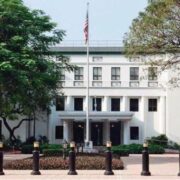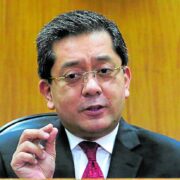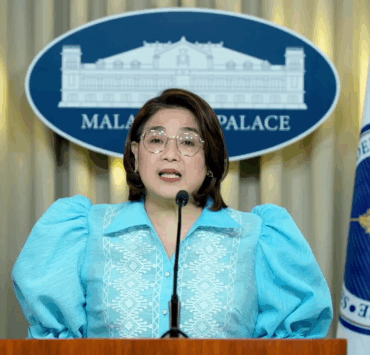For nth time, Makabayan bloc files bill vs political dynasties

The Makabayan bloc has filed a bill in the newly opened 20th Congress seeking to ban political dynasties, a measure that has been proposed by progressive lawmakers but never took off in previous congresses.
The bloc, now a two-person team composed of ACT Teachers Rep. Antonio Tinio and Kabataan Rep. Renee Co, filed House Bill No. 209, or the proposed Anti-Political Dynasty Act, on June 30.
The bill seeks to prevent family members within the fourth degree of consanguinity or affinity from holding or running for national and local positions simultaneously. It also seeks to prevent an individual within the prohibited civil degree of relationship from succeeding an elective position.
Should the bill become a law, it will be applicable in subsequent elections.
‘Pernicious effects’
In the bill’s explanatory note, Tinio and Co said that Article II, Section 26 of the 1987 Constitution explicitly prohibits political dynasties, but leaves it to Congress to define the term.
They also noted that previously filed bills in the House pushing for a ban were not acted upon. These included two that were filed in the 19th Congress but did not progress beyond the committee level.
“Bayan Muna party list first filed a bill prohibiting political dynasties in 2001. Similar measures filed by the Makabayan bloc in the succeeding Congresses were repeatedly ignored by the chamber. It is high time that we pass a bill of great importance, as mandated by our Constitution,” the lawmakers said.
“Social reform is the evident agenda behind this provision and the objective is clear. The extended family system, an otherwise beneficial concept when applied to the social aspects of human behavior, has found its pernicious effects in the political arena where public office has become the exclusive domain of influential families and clans,” they added.
The lawmakers observed that dynasties remain prevalent even in the modern age, with several families winning multiple seats in the 2025 midterm elections.
According to them, “the domination of political dynasties in Philippine elections became more evident during the May 2025 elections. They have fielded multiple candidates in national and local positions in order to further concentrate, consolidate and perpetuate their political power.”
“A [2016] report by the United Nations Development Programme by Prof. Temario Rivera revealed that of the 77 provinces included in the study, 72 provinces or 94 percent have political families. Further, the average number of political families per province is 2.31, meaning there are at least two political clans in most of the provinces,” they said.

















